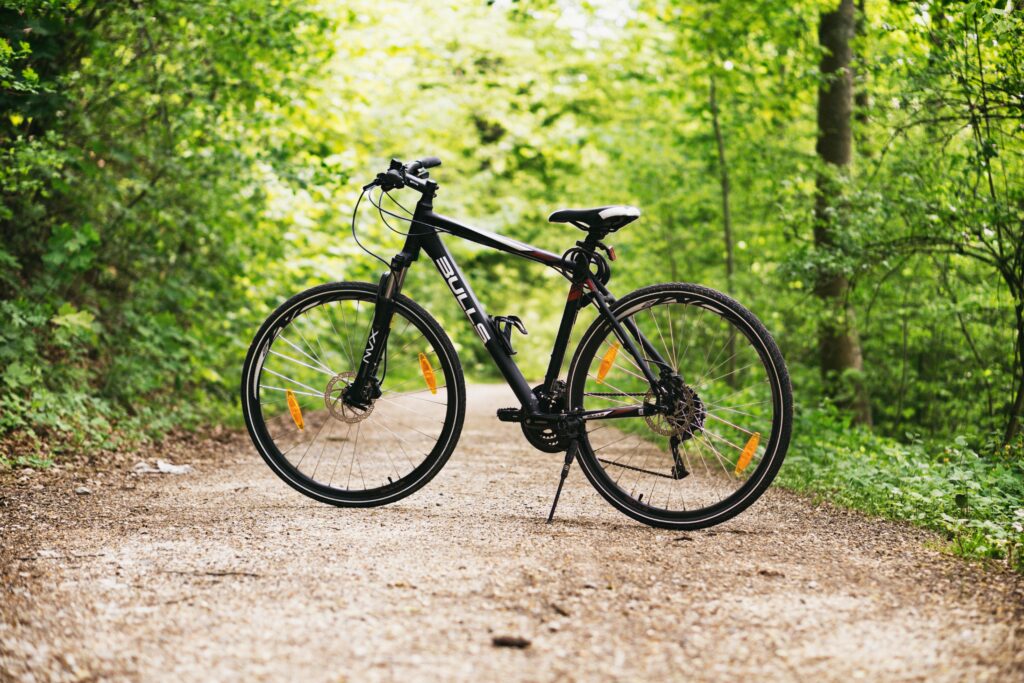BICO
The issue of mobility in urban centres is always a priority in the short and medium-term strategic choices of the administrations of our cities. The pedestrian areas, with limited traffic, alternate plates are chosen that go in a single direction:
“Deter car use in favour of sustainable mobility”
In this panorama one of the means of transport that is posed as a serious alternative is certainly the bicycle; the Urban Cycling Charter of FIAB highlights the advantages of the interventions in favor of the bicycle:

Characteristics and purposes
- They promote a real alternative of transport, which fits with equal dignity among other modes of transport, such as public transport;
- They are much cheaper than car investments and have a much more favourable cost/benefit ratio than any other investment in the transport sector;
- Recover urban areas under conditions of greater livability with benefits for the entire population;
- They reduce the critical traffic situations and the occupation of public land, consider in this regard that a person transported by a bicycle moves in the city a non-polluting vehicle, of limited size and the weight of a dozen kilos; the same person transported by car instead moves in the city a polluting medium, which occupies a considerable space with a weight of several quintals;
- They help to improve the level of public health: according to the WHO, for those who use the bicycle for their daily journeys, the risk of certain diseases such as heart attack, hypertension, diabetes is halved;
But then what’s stopping the use of the bicycle in the city?
- The traffic of cars;
- The security;
- The climate is not always favorable;
- The need for adequate clothing;
- The fatigue that limits the distances covered;
- The frequency of two-wheeled vehicle thefts.
Despite these limitations in recent years the use of bicycles is constantly increasing and the number of bicycles sold in Italy is higher than the number of cars. In this trend, Italy is aligned with what is happening in Europe; the Bike Sharing Bico system overcomes many of the above-mentioned problems thanks to some peculiarities:

- Opportunity to choose between conventional bikes and pedal assisted;
- A strong intermodality;
- Complete compatibility with the Bicimia system;
- Strategic location of cycle stations close to the main public transport hubs: Metro BS terminus, bus and courier stops;
- Capillary service: there are stations both in residential areas and near the attractions such as public facilities, schools, sports centers, shopping spaces and workplaces;
- Bicycles are guarded and monitored by a robust system that dissuades thefts that will no longer be a problem for the user-cyclist;
- The user has means regularly revised and therefore always in perfect condition;
Through the use of an electronic card, the individual user can pick up the bicycle in any bike park on the territory and return it wherever you find a free bike park, even in a place other than the original one.


Each action of taking and returning bicycles is transmitted to a server that updates in real time the actual availability of bicycles on the territory. Each user is registered with his data when the card is issued and the latter can be disabled remotely by the service provider. The system interface provides us with user transaction data, a general overview, from which we can analyze statistics on system usage. It will then be possible to analyse precisely the data and usage patterns of the system for proper urban mobility planning.
